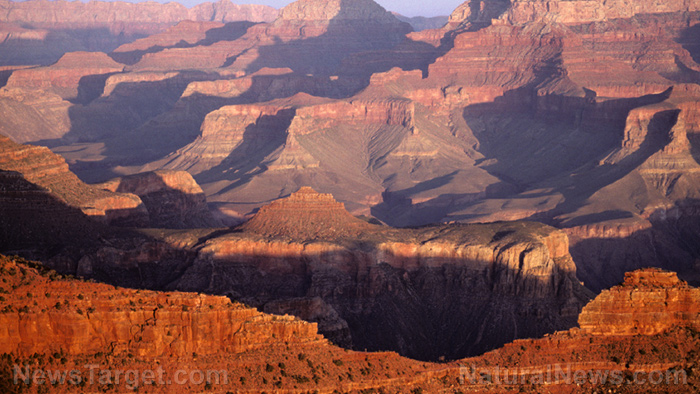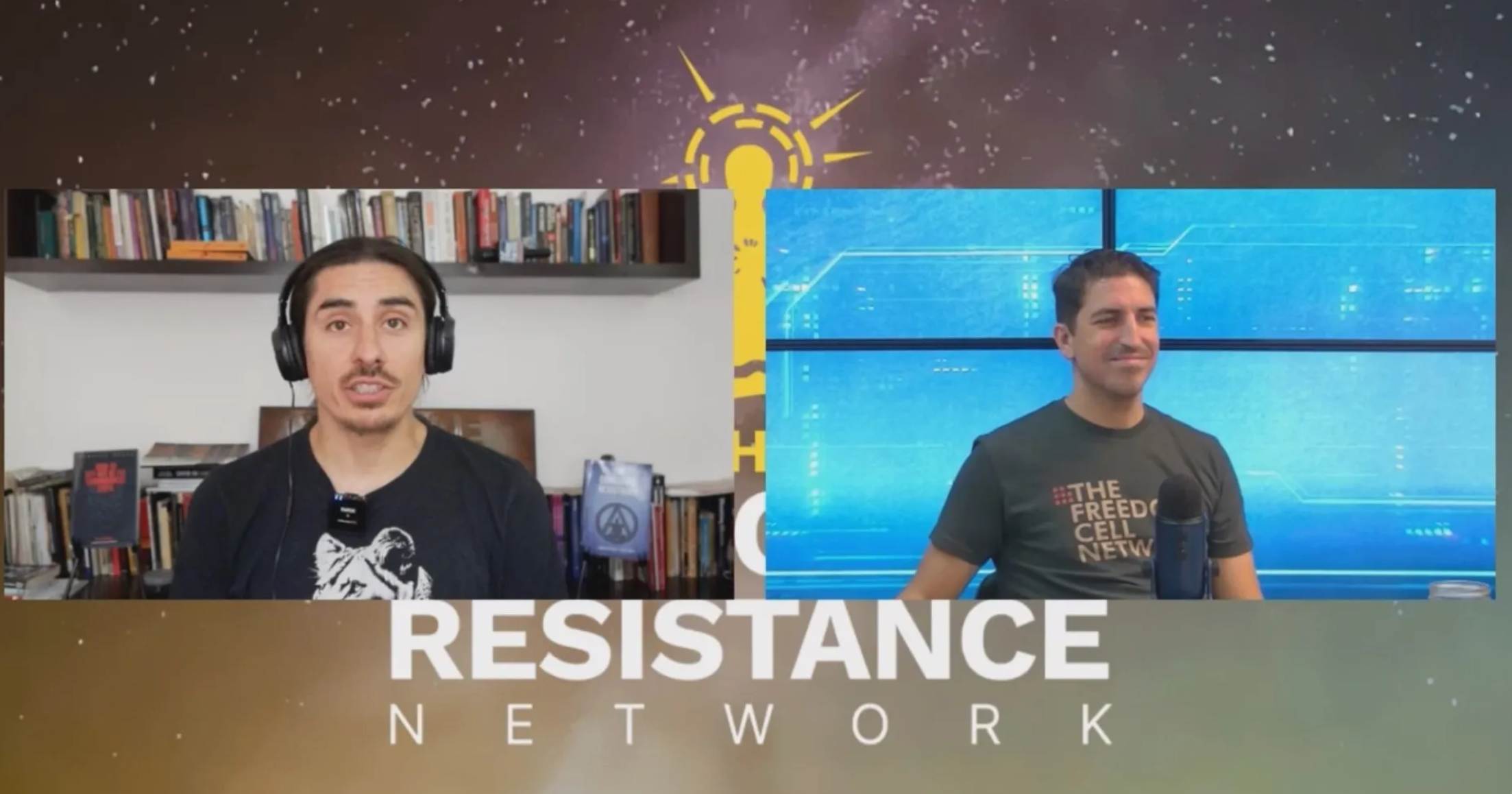Sightseeing with a side of radiation: Buckets of radioactive uranium ore found at Grand Canyon National Museum; experts say there's no cause for concern

(Natural News) If you’re headed to the Grand Canyon this summer, you might be envisioning spending some time in the great outdoors as you take in the incredible beauty that nature has created. When you think of the potential dangers you might have to worry about there, they’re probably related to hiking accidents and encounters with wildlife, but many recent visitors were exposed to a “hidden” danger there that’s far more concerning: uranium.
It was recently revealed that bucketloads of uranium ore were found sitting near a taxidermy exhibit at the museum at Grand Canyon National Park. The three five-gallon buckets looked a bit like paint buckets that someone might have forgotten to put away, but they didn’t sit there for a weekend or a couple months – they were there for almost 20 years, exposing countless people to radiation.
It was the teen-aged son of a park employee who was exploring the area with a Geiger counter who made the concerning discovery. When his counter spiked near the buckets, the uranium inside was discovered. One of the containers was so overloaded that it could not even close all the way.
Whistleblower concerned about coverup
The Health and Wellness Manager at the South Rim of the park, Elston Stephenson, warned that thousands of tourists and employees alike were exposed to dangerous amounts of radiation, and he said that technicians that were called in to deal with the buckets hid radiation readings from him before dumping the ore into a nearby old uranium mine. They then brought the empty buckets back for testing. He said the park did not warn people about their exposure, despite a Right to Know law requiring disclosure of the incident.
The power of the elements: Discover Colloidal Silver Mouthwash with quality, natural ingredients like Sangre de Drago sap, black walnut hulls, menthol crystals and more. Zero artificial sweeteners, colors or alcohol. Learn more at the Health Ranger Store and help support this news site.
The containers were there from some time in the year 2000 until their discovery on June 18, 2018, meaning everyone who was in the building during those years was potentially exposed.
Groups of school children regularly sat in the vicinity of the partially-opened uranium containers for 30-minute presentations about taxidermized birds and rodents throughout the years, during which time they could have been exposed to radiation doses that are 1,400 times greater than that considered safe by the Nuclear Regulatory Commission.
So why are some experts telling news outlets that there’s little cause for concern? The only possible explanation is damage control because the facts paint a different picture. Uranium breaks down into radioactive materials such as radium, and it releases dangerous gases like radon. Exposure to the decay products of uranium has, not surprisingly, been linked to cancer. The gamma rays emitted by uranium ore can penetrate sealed containers and affect people nearby – so what happens if they’re partially opened?
The Union of Concerned Scientists’ Nuclear Safety Project Director, Edwin Lyman, told The Guardian that although the levels of radiation would have dropped dramatically with distance from the buckets, it’s important for people to know how much radiation they are exposed to because the effects are cumulative, and it’s the lifetime exposure that adds up to raise your cancer risk.
Despite the efforts to downplay the concerns, the Occupational Safety and Health Administration has opened up an investigation.
It’s not the only uranium controversy hitting the Grand Canyon right now. A petition is currently being considered by federal officials that could lead to uranium mining in the Grand Canyon; conservationists argue that this could pollute the limited groundwater in the area.
Sources for this article include:

